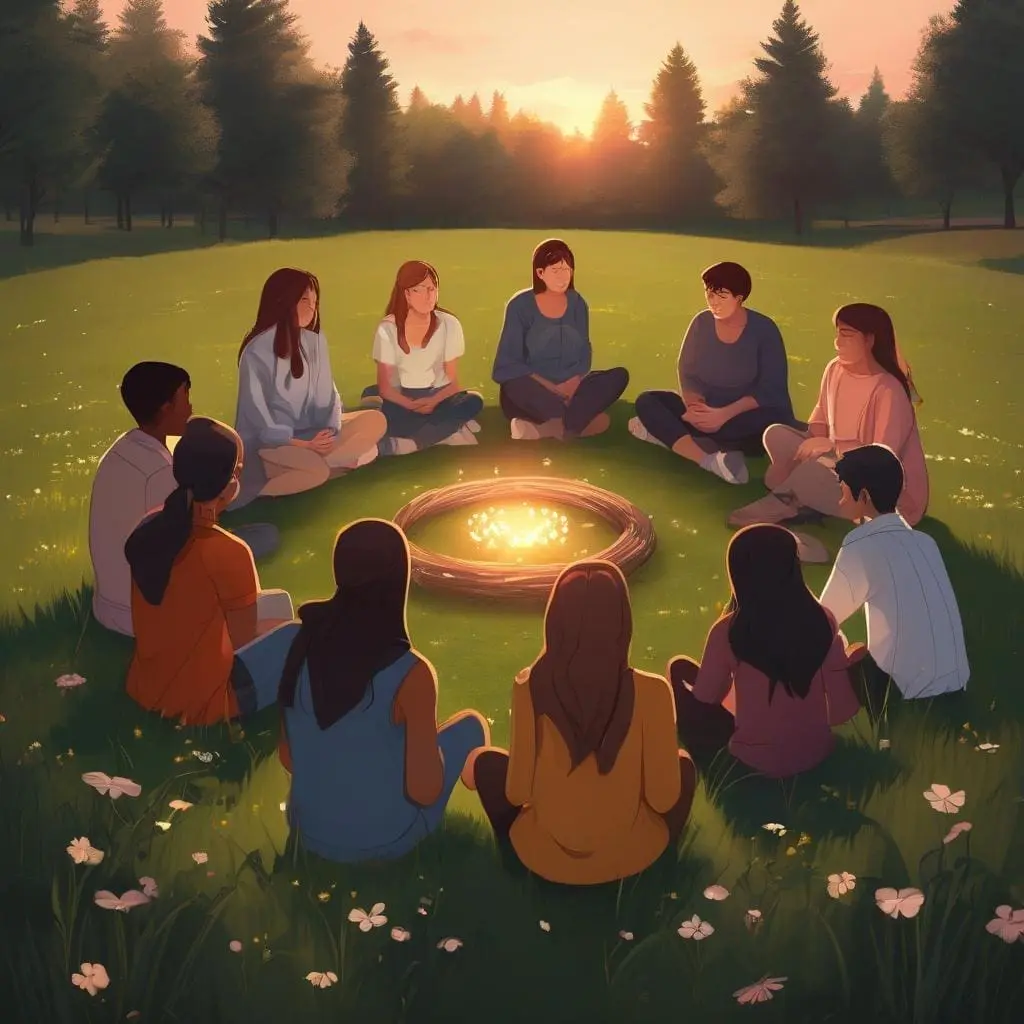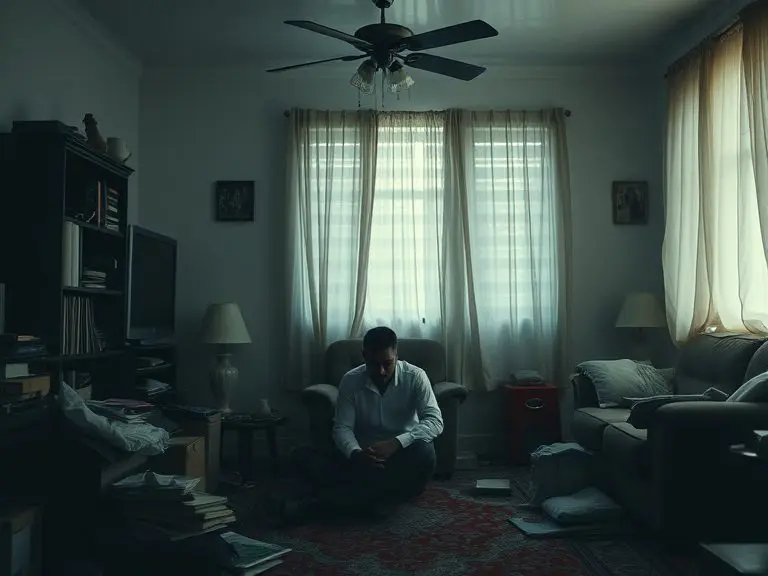Coping with grief is a necessary and often painful process that plays a role in everyone’s life. The loss of a loved one can leave deep emotional wounds and pull us into a vortex of despair, sadness and anger. It is important to recognize that coping with grief is an individual and dynamic process that takes time and is experienced differently.
The phases of coping with grief
Coping with grief is often divided into several phases, with the best-known theory by Elisabeth Kübler-Ross describing five phases: Denial, Anger, Bargaining, Depression and Acceptance. It is crucial to understand that these phases are not linear and people can go through different phases at different times.
- Denial: In denial, many refuse to acknowledge the reality of the loss. This phase can have a protective effect, as it protects the individual from the overwhelming pain that grief brings.
- Anger: In this phase, intense anger towards the situation, yourself or even the deceased can occur. Coping with grief often requires support to keep these strong emotions in check and find a healthy way to express them.
- Negotiating: Grievers often try to undo the loss or formulate conditions that would have led to a different outcome. When coping with grief, it is helpful to accept these thoughts and reflect on the issues involved.
- Depression: This phase can be characterized by deep sadness and withdrawal. Coping with grief in the form of conversations, crystallization processes or creative forms of expression can be particularly helpful here.
- Acceptance: Finally, many people reach a phase of acceptance in which they learn to live with their loss and integrate the deceased into their lives. Coping with grief here often involves developing new rituals or memories that enable a sense of connection.
Strategies for coping with grief
There are many different strategies that can help cope with grief, and not all of them will work for every person. Important approaches include:
- Talk to people you trust: Talking to friends, family or grief counselors can help you to sort out your thoughts and feelings. It often helps to express your grief out loud in order to gain clarity about your own emotions.
- Bereavement groups: Attending bereavement groups offers the opportunity to connect with others who have experienced similar losses. The group creates a sense of community and understanding, which is very valuable when coping with grief.
- Creative expression: Many people find solace in creative activities such as writing, painting or making music. These forms of expression can serve as an outlet for emotions and support grief management by allowing feelings to be processed in a different setting.
- Rituals of remembrance: Coping with grief can also be encouraged through rituals that honor the deceased. These can be memorial services, lighting candles or visiting graves. Such rituals help to keep memories active and maintain a connection.
The role of professional support in coping with grief
In many cases, professional support can be of great importance in coping with grief. Therapeutic services that are specifically geared towards coping with grief can help those affected to better understand and deal with their emotions. Grief counselors or psychologists are trained to provide support and offer tools that can make the process easier.
Long-term grief management and integration of the loss
Coping with grief is often a long-term process and it is not uncommon for people to experience moments of grief even years after the loss. An important aspect of this is integrating the loss into one’s own life. Mourners learn how to accept the loss and integrate the memory of the deceased into their everyday lives. Micro-strategies such as creating a memory book or regular remembrance in the form of rituals can help to keep the memory alive. It is important that coping with grief is not seen as a linear journey, but rather as an individual process that depends on many factors, such as the relationship with the deceased, personal circumstances and support from the social environment. The processing of grief can go through phases ranging from intense emotions such as pain and anger to moments of acceptance and peace. In each phase, it is crucial to show yourself compassion and be patient with yourself. There is no “right” way to grieve, and each person needs different amounts of time and space to process the loss. Integrating the loss can also mean regaining the joy of life and developing new perspectives. The grieving process can offer opportunities for self-reflection and lead to making specific changes in your own life. Talking to friends, family members or professionals can also be invaluable during this time to gain insight and support. Ultimately, it’s about finding a new way to honor the memory of the deceased without compromising your quality of life. By combining memories and new experiences, it is possible to continue to enjoy life in all its facets and preserve the love for the deceased in a way that creates space for healing and growth.







